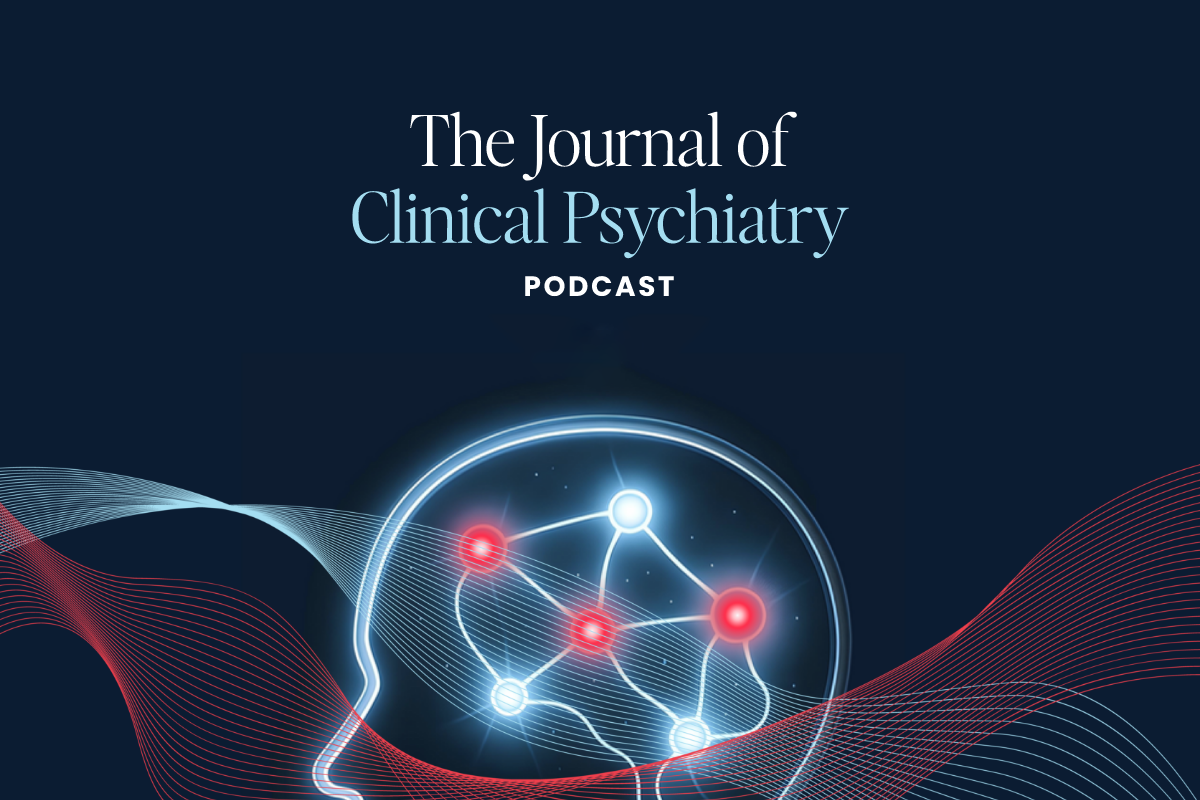Conspiracy theories are everywhere.
“With social media and the 24 hour news cycle, you can be exposed to misinformation and conspiracy theories much more than in the past,” explained Shauna Bowes, PhD, who authored the recent American Psychological Association (APA) umbrella review, Why Some People Are Willing to Believe Conspiracy Theories.
Despite increased exposure to ‘alternative facts’ via the internet and social media, modern humans are no more prone to falling for untruths than previous generations. While we may be more aware of such ideas, the data suggests people are not actually “drinking the Kool-Aid” more than before.
Still, the accessibility has led to an overall increased interest in conspiracy theories. This begs the question: what, exactly, leads people to wholeheartedly believe in the flat earth theory or the faked moon landing?
Psychosis and Infodemic Isolation
Fear of No Mobile Phone Connectivity
Persistence of Specific Phobia From Adolescence
Beyond Politics
Americans may assume that the nation’s current political divide makes conspiracy theories more common stateside than elsewhere. A recent study examining the influence of various financial and political factors, suggests otherwise.
The study’s results indicate that citizens of the US may actually face a lower risk of becoming conspiracy theorists compared to residents of other nations. Conspiracies abound in countries that have excessive political strife, unfavorable economics, and limited resources.
America and other Westernized societies generally have greater access to technology, facilitating the rapid spread of information including disinformation. However, Bowes said there’s no research to suggest Americans are more likely than others to fall down a paranoid rabbit hole.
Across the world, a majority of conspiracy theories swirl around big political players. “A conspiracy is a powerful group of elites that are doing something in secret to harm the common good, so I think politics is a natural area for people to look for conspiracies,” Bowes explained.
That doesn’t mean that all of these elaborate plots relate to politics, though. “There are conspiracy theories outside of the political domain, but they probably still bear some sort of political implications,” she said. For example, the conspiracy theory that the moon landing was faked does not explicitly involve politicians. Yet it implicates people in power by suggesting intentional deception of the masses.
Origins and Motivators
As long as humans have existed, there have been conspiracies. Research examining the evolutionary roots of such belief systems, tracked them all the way back to early civilizations. “You had your own tight community that you needed to protect from threat, and looking for powerful actors and other groups that could harm your group would’ve probably been helpful,” Bowes said.
As societies gradually became more integrated, belief in conspiracy theories became less of an adaptive trait. Yet the inclination that ‘it’s all an inside job’ still persists.
Bowes’ recent umbrella review examined 52 different variables across hundreds of studies. Her findings suggest that conspiracy belief exhibits extreme complexity and cannot be attributed to a single variable. “The vast majority of the correlates were significantly related to conspiratorial ideation, which suggests that lots of different personality traits and lots of different motivations go into believing a conspiracy theory.”
Certain personality traits consistently exhibited a stronger association with conspiracy beliefs than others. “The ones that really stood out in this analysis were tendencies to perceive threat and danger, having sort of ‘odd’ beliefs and experiences, relying on intuition, and being antagonistic and superior,” she said.
Future Exploration
The majority of existing research on conspiracy belief has taken a cross-sectional approach, examining the correlation between variables at a singular time point. While this approach has provided valuable insights, it does not give insight into causality.
To advance the understanding of conspiracy theories, Bowes suggested tracking individuals over multiple time points. “Maybe you turn to a conspiracy theory to alleviate distress, and then after you accept the conspiracy theory, you actually feel more distress. Those are the kinds of things we don’t really know,” she said.
Additionally, Bowes said future studies should include children and adolescents to help researchers better understand how the search for hidden agendas and secret schemes develop in individuals over time. Doing so may be difficult, she conceded.
“It’s hard to ask a child or a teenager what they think about the Kennedy assassination. It’s going to require some creativity and thought, but I think we need to get a sense of when and how this is starting,” she said.
Advising Patients
Though she acknowledged that the tendency to believe in conspiracies is not a psychological condition, Bowes said psychiatrists and other clinicians unsure of how to navigate conversations with conspiracy-believing patients might find it helpful to pull from how they treat patients with psychotic disorders.
“When someone has psychosis and they’re hallucinating or have delusions, the last thing you want to do is say, ‘You’re wrong, that’s not real,’ because it’s a very real experience for them,” she advised.
Similarly, it’s best to approach patients troubled by their conspiratorial beliefs with curiosity and without judgment. Without agreeing with or validating what they’re saying, Bowes said, “You validate the emotional experience of it.” Instead of immediately dismissing their fears, try asking compassionate questions, like, “That must be a frightening thought. How is that affecting you? “
The Truth is Out There
Conspiracy theories aren’t all created equal. The lore of the sinister sculptures and secret bunkers within the Denver airport might sound completely bonkers. But the widespread hypothesis that Jeffrey Epstein didn’t kill himself can be pretty convincing.
Bowes emphasized that every one of us has a slight susceptibility to thinking something is right that probably isn’t.
“I think all of us kind of believe in at least one conspiracy theory,” Bowes said.



